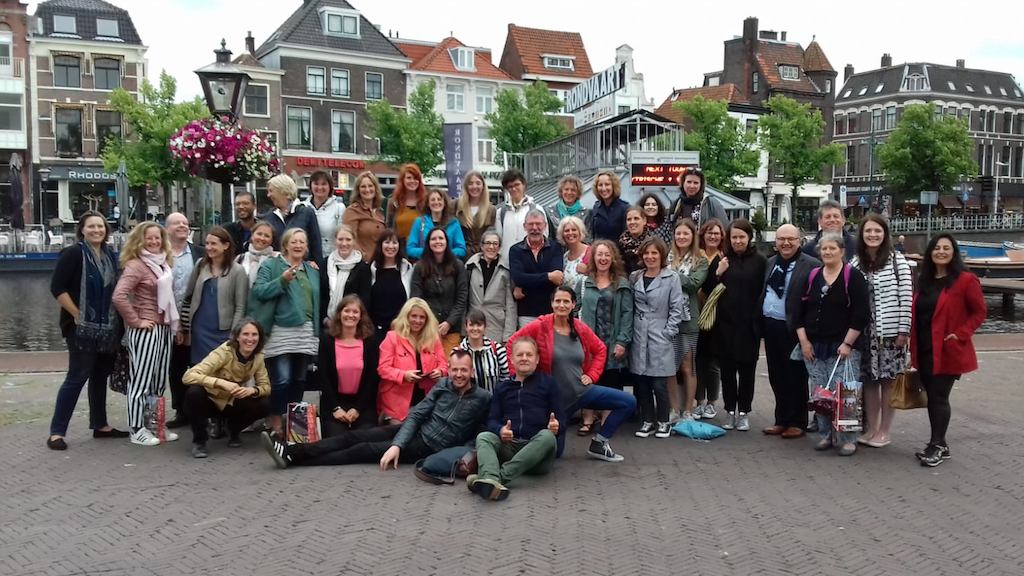We introduced the Happy Older People (HOP) network and House of Memories programme, both created by National Museums Liverpool, and the wider cultural programme supported by Culture Liverpool – Liverpool City Council’s cultural service.
HOP brings together arts and culture with isolated older people to break down barriers to participation in the Liverpool City Region’s brilliant cultural offer. HOP network membership is diverse and includes arts and culture organisations, health and social care professionals and providers, older people, artists, musicians, housing associations, and community groups.
House of Memories is a museum-led dementia awareness programme which offers training, access to resources, and museum-based activities to enable carers to provide person-centred care for people living with dementia.
Led by Culture Liverpool, our city is fuelled by culture. Since our successful year as Capital of Culture in 2008, Culture Liverpool has continued to develop our world class arts and events offer, using it to drive the regeneration of the whole city. Culture Liverpool’s Arts and Participation Team develop participation programmes and commissions to enhance and animate the major events programme encouraging engagement from all sections of Liverpool’s communities.
Culture Liverpool also manages the Culture, Arts and Investment Programme (CAIP), funding 36 organisations to deliver more than 29,800 cultural activities. Two thirds (66%) of this activity is targeted at specific groups including older adults who engage widely in the city’s cultural offer, with many attending cultural events, activities and participatory projects.

